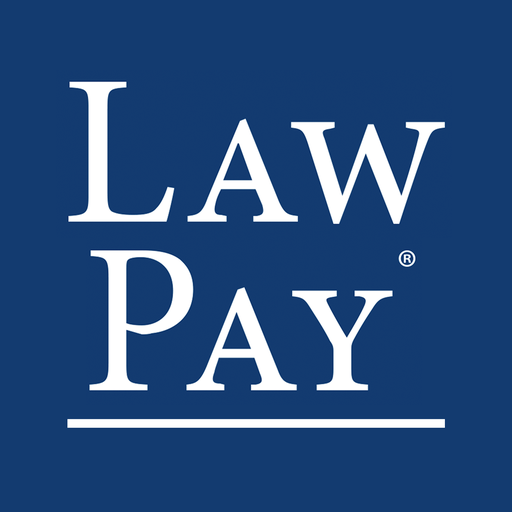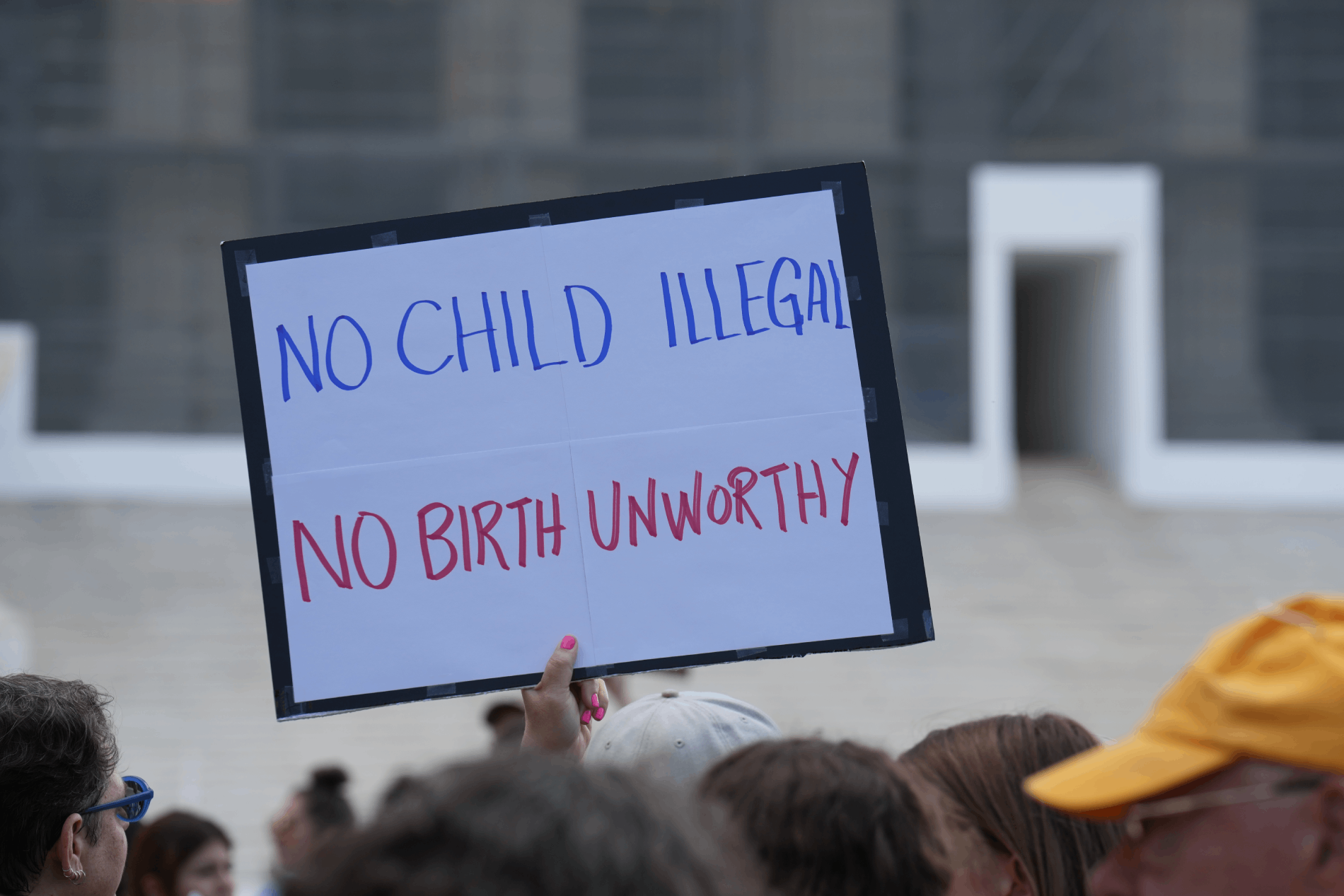The End of Birthright Citizenship?
Federal Judge Blocks Trump’s Birthright Citizenship Order
A federal judge has issued a nationwide block against President Trump’s executive order attempting to end birthright citizenship, marking a significant legal victory for immigration rights advocates. This ruling highlights the ongoing constitutional debate surrounding the 14th Amendment and raises significant questions about immigration policy in the United States.
The recent legal challenge highlights the complex nature of birthright citizenship law and underscores the need for individuals affected by these policy changes to have skilled legal representation to protect their rights. Those in Pennsylvania can seek legal representation at Alvelo Immigration Legal Solutions, PLLC.
Understanding Birthright Citizenship and the 14th Amendment
Birthright citizenship refers to the legal principle that grants automatic citizenship to anyone born within U.S. borders, regardless of their parents’ immigration status. This fundamental right stems from the 14th Amendment to the U.S. Constitution, ratified in 1868.
The 14th Amendment states: “All persons born or naturalized in the United States, and subject to the jurisdiction thereof, are citizens of the United States and of the State wherein they reside.” This amendment was specifically designed to overturn the Supreme Court’s infamous Dred Scott decision, which had denied citizenship to African Americans.
For over 150 years, this constitutional provision has been interpreted broadly to include nearly all children born on U.S. soil, with very limited exceptions for children of foreign diplomats and enemy forces during wartime.
Historical Context: Why the 14th Amendment Matters
The 14th Amendment emerged from the post-Civil War era when Congress sought to ensure equal protection under the law for formerly enslaved individuals. The amendment’s birthright citizenship clause was revolutionary for its time, establishing that citizenship could not be denied based on race or parentage.
This principle became deeply embedded in American law and society. The Supreme Court reinforced this interpretation in United States v. Wong Kim Ark (1898), ruling that a child born in the United States to Chinese immigrant parents was indeed a U.S. citizen, despite laws preventing his parents from naturalizing.
The amendment’s language — “subject to the jurisdiction thereof” — has been consistently interpreted to include all persons physically present in the United States, except for those with diplomatic immunity or members of hostile forces.
Trump Administration’s Challenge to Birthright Citizenship
The Trump administration’s executive order attempted to reinterpret the 14th Amendment’s jurisdiction clause, arguing that birthright citizenship should not extend to children born to certain categories of non-citizens. According to the administration’s position, citizenship would be denied to children when:
- The mother was unlawfully present in the United States, and the father was not a U.S. citizen or a lawful permanent resident
- The mother’s presence was lawful but temporary (such as tourists, students, or temporary workers), and the father was not a U.S. citizen or a lawful permanent resident
This interpretation represents a dramatic departure from established constitutional law and would affect thousands of children born in the United States each year.
The executive order also directed federal agencies to stop issuing documents recognizing U.S. citizenship for children born under these circumstances, effectively creating a new class of stateless individuals.
Legal Challenges and the Nationwide Injunction
The legal response to the executive order was swift and decisive. Immigration rights attorneys filed multiple lawsuits challenging the order’s constitutionality, arguing that it violated the 14th Amendment and exceeded executive authority.
U.S. District Judge Joseph Laplante, appointed by former President George W. Bush, granted a nationwide injunction blocking the executive order. In his ruling, Judge Laplante emphasized several key points:
- The executive order represented an “abrupt change of policy that was longstanding.”
- Depriving individuals of U.S. citizenship constitutes “irreparable harm.”
- The policy’s “highly questionable constitutionality” warranted immediate intervention.
- U.S. citizenship is “the greatest privilege that exists in the world.”
The judge certified a nationwide class action lawsuit, allowing the injunction to apply broadly rather than just to the specific plaintiffs. This approach was particularly significant given recent Supreme Court restrictions on nationwide injunctions.
Judge Laplante noted that he had “no difficulty concluding” that the executive order would cause irreparable harm to thousands of individuals who would be denied citizenship under a longstanding constitutional policy.
Why Professional Legal Guidance Is Essential
The ongoing legal challenges surrounding birthright citizenship demonstrate the complex and evolving nature of immigration law. Families affected by these policy changes need trusted legal representation to understand their rights and options.
Immigration cases involving citizenship questions require careful analysis of constitutional law, federal statutes, and court precedents. The stakes are particularly high because citizenship affects fundamental rights, including:
- The right to remain in the United States permanently
- Access to federal benefits and services
- The ability to sponsor family members for immigration
- Protection from deportation
- Voting rights and political participation
Alvelo Immigration Legal Solutions: Your Trusted Partner
At Alvelo Immigration Legal Solutions, PLLC, we understand that the immigration process can be overwhelming, but you don’t have to face it alone. Here, you’ll receive personalized service and individualized attention tailored to your specific needs.
Our office is led by attorney Wanda Alvelo, who is fully bilingual in Spanish and English. This means you can communicate directly with her, without the need for interpreters, ensuring that your concerns are fully understood and addressed.
We have successfully guided individuals through complex immigration cases and understand how challenging the process can be. We’re here to support you every step of the way. Whether you want to adjust your legal status, reunite with loved ones, or protect your rights, we are committed to working with you to achieve your goals.
If you have questions about birthright citizenship, immigration status, or related legal matters, contact Alvelo Immigration Legal Solutions, PLLC, today to schedule your free initial consultation and take the first step in your immigration process.
 Payment through LawPay
Payment through LawPay 

